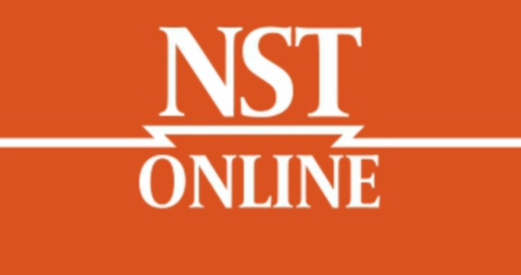EXPERTS insist that Malaysia’s drug rehabilitation programme, with a success rate hovering at 60 per cent, can be better. The percentage drops when relapse cases are taken into account. The argument is that the treatment approach is based mainly on traditional and spiritual methods, even though there are trained specialists who can handle the cases in scientific and evidence-based ways. There are only 12 of them to treat some 60,000 registered drug addicts nationwide. There is, the experts say, a shortfall of about 3,000 specialists. That drug addiction is not limited to those who are registered, only worsens the situation. Some addicts may appear to lead normal lives. Presumably the scientific- and evidence-based treatment can rehabilitate the drug addict, who, in this respect, is viewed as suffering from a relapsing disease. As such, the specialists must engage the patient biologically and psychologically, hence needing both medication and counselling. The 12 specialists are accredited by the Colombo Plan for Cooperative Economic and Social Development in Asia and the Pacific (Colombo Plan), and are engaged by the National Anti-Drugs Agency (Nada), which agrees that many more are needed if the 1:20 ratio is to be met.
Given that the training required is a short, 12-month, post-graduate course in addiction science, run by the Cyberjaya University College of Medical Sciences, an opportunity arises to mop up the problem of graduate unemployment. The complaint of medical graduates waiting long periods for houseman placements, for example, makes them natural candidates for this course. Specialising in addiction science would help to meet their need and Nada’s. For the graduates, it affords a post-graduate specialisation in medicine, and for the latter a year down the road, more specialists. The problem of drug addiction needs to be handled urgently, and Nada must persuade the government to entice these unemployed graduates with scholarships, for anything less would not persuade them to give up their dream of becoming a doctor even when they can perceive drug addiction as a disease needing medical attention.
The traditional and spiritual approaches to treating addicts must be replaced by a method that assures a high degree of success rather than the 20 to 30 per cent rate achieved thus far. The onus is on Nada to retrain unemployed graduates, with its government-funded rehabilitation and treatment centres providing access to practical training while they are pursuing the course. In effect, this acute shortage of specialists and the urgent need for them presents a win-win situation. Some 3,000 graduates will be retraining for a professional career. Nada must find the financial allocation to get a drug rehabilitation specialist training programme off the ground immediately if the country is serious about handling the drug addiction problem that has plagued it for years. After all, Nada has existed since 1983, more than 30 years now. And, the scientific- and evidence-based treatment is expected to restore the patient’s health.


